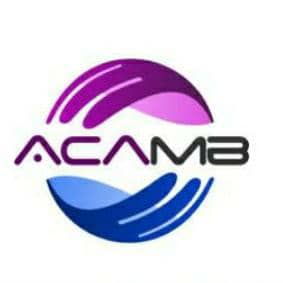The Association of Corporate & Marketing Communication Professionals of Banks (ACAMB) has reassured the public that Nigerian banks have the capability to meet the recent directives issued by the Central Bank of Nigeria (CBN) regarding the recapitalization of the banking sector.
In a statement released by its president, Rasheed Bolarinwa, ACAMB expressed its full support for the CBN’s efforts to strengthen the banking industry.
The recent circular issued by the Olayemi Cardoso led apex bank outlined the review of minimum capital requirements for commercial, merchant, and non-interest banks over the next 24 months.
Bolarinwa emphasized that Nigerian banks are already recognized globally as safe, resilient, and successful. However, he noted that there is always room for growth and improvement.
“As Nigeria aims to enhance its position as a global emerging economy, banks must be prepared to meet the evolving financial needs both domestically and internationally.”
The ACAMB president commended the CBN for the clear guidelines provided for the recapitalization process, which now includes the addition of share capital and premium, as opposed to the previous requirement of shareholders’ funds.
He assured that banks have the capacity to meet the recapitalization directive within the specified timeframe.
The recapitalization initiative is seen as a positive step towards strengthening the banking sector and positioning Nigerian banks as strong competitors on the continental and global stage.
ACAMB pledged its support and cooperation in the implementation of the recapitalization program, emphasizing the importance of building a robust economy and expanding the real sector.
As the recapitalization progresses, ACAMB will engage with all stakeholders to ensure a balanced and accurate representation of the process.
Depositors and shareholders are encouraged to continue their business with Nigerian banks without any concerns.
Overall, the recapitalization directive is viewed as a win-win situation for Nigerian banks, the financial market, and the economy.
With the support of the CBN and the commitment of banks, the recapitalization process is expected to lead to stronger banks, better returns, and a more competitive banking industry.









Comment here